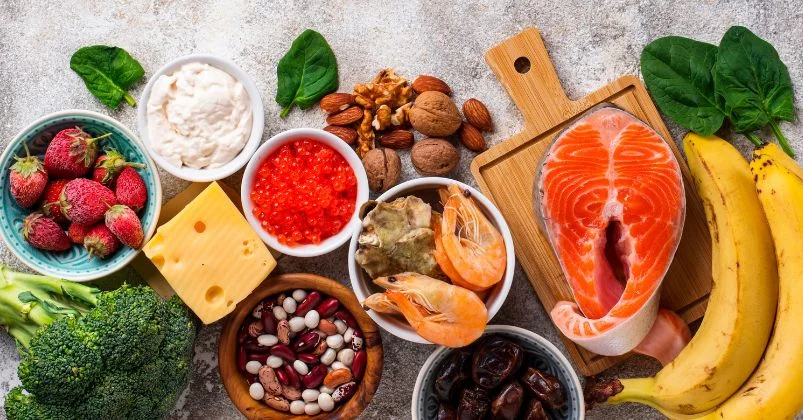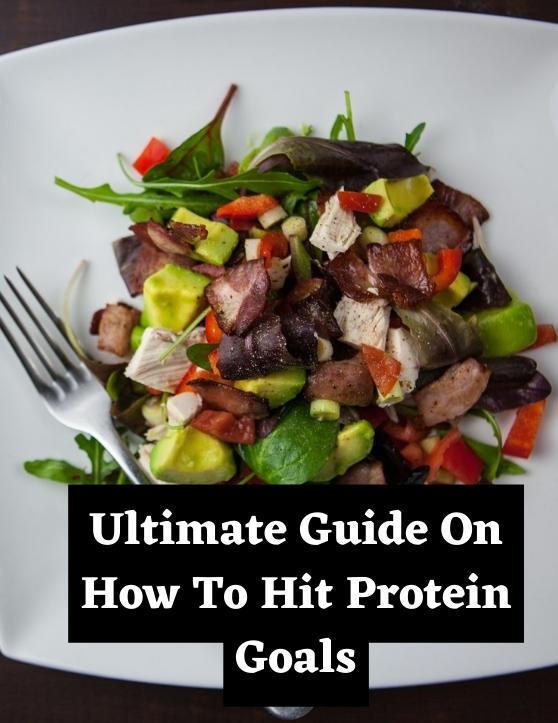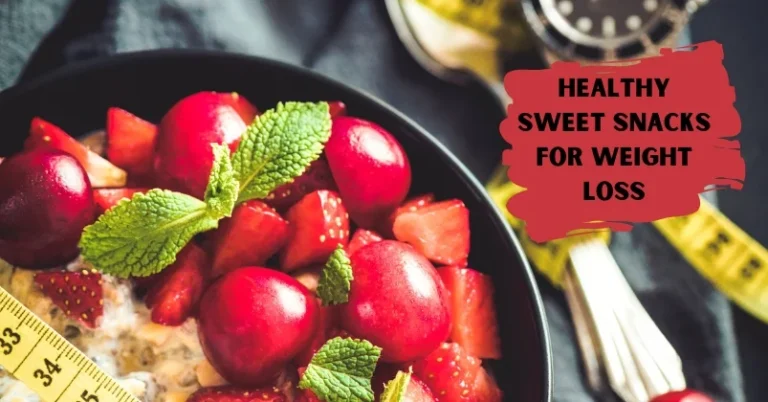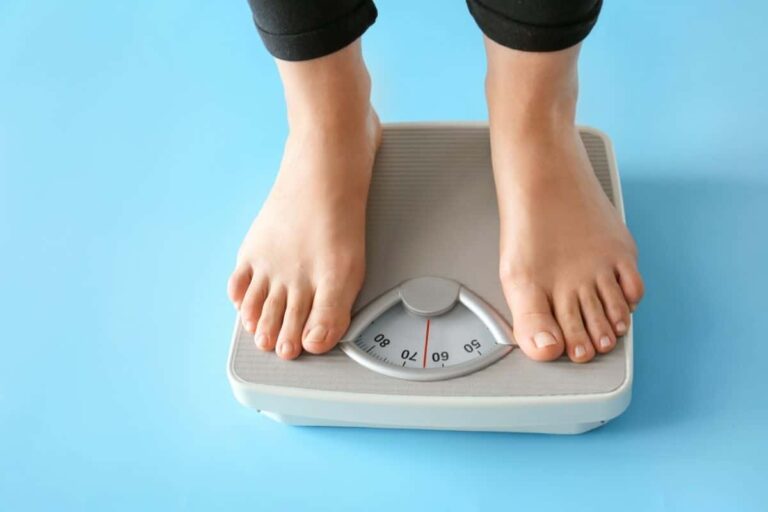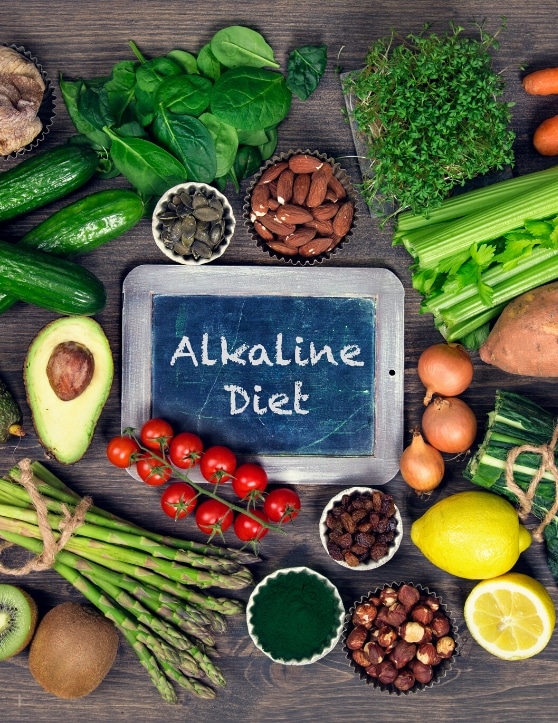Dopamine Diet for Weight Loss: A Comprehensive Overview
Have you ever caught yourself tiptoeing to the fridge, driven by a sudden urge for something delicious in the late hours? Well, you're not alone! Whether you're a midnight muncher or an occasional treat-seeker, this post is tailor-made for you.
Today, we're diving into the intriguing world of the dopamine diet – a fascinating healthy diet approach to lose weight without compromising taste satisfaction.
But before we dive into the specifics, let's take a moment to explore why you crave snacks. So, grab a snack (or resist the urge for now) and read everything you need to know about the dopamine diet.
What Is Dopamine?
Dopamine plays a crucial role in our brain's communication system, acting as a messenger between nerve cells. Specifically, it influences the pleasure and reward centers in our brains, impacting our overall mood.
While you might typically associate dopamine with intense rushes of adrenaline seen in addictive behaviors like gambling or extreme sports, its role extends far beyond that. Contrary to what you might think, increasing dopamine production can be beneficial.
In everyday life, dopamine helps us stay motivated, focused, and productive. Often referred to as the “feel-good chemical,” dopamine is responsible for that sought-after sensation we all strive for ‘happiness.’
How Dopamine Influences Your Food Craving
Ever notice how that first bite of your favorite treat seems to give you a burst of energy and pleasure? It's not just your imagination – it's the magic of dopamine at work! Similar to how your morning cup of coffee perks you up, having a delicious pastry can also send dopamine levels soaring, making you feel oh-so-good.
When we skip meals or don't eat regularly, our dopamine levels take a dip, triggering hunger cravings. If we give in to these cravings and feel satisfied afterward, our brains learn to repeat this behavior – seeking out the unhealthy foods we crave because they provide a sense of pleasure.
Unfortunately, these cravings often lead us to indulge in unhealthy refined carbohydrates, which can contribute to weight gain and eventually obesity.
Research shows that dopamine not only influences hunger cravings but also directly impacts weight management. Understanding this connection can help us make more informed choices about our eating habits and overall health.
Here is where the dopamine diet pops in.
DOPAMINE DIET FOR WEIGHT LOSS
Dopamine diet not only helps you shed extra pounds but also gives your mood a powerful boost. Of several natural ways to lose weight without exercising, It’s a unique approach aimed at boosting your mood by increasing dopamine levels in the brain.
But how?
Tyrosine is a type of amino acid that serves as a building block for dopamine. This amino acid is abundant in high-quality proteins such as chicken, turkey, and dairy products. However, what might surprise you is that tyrosine can also be found in unexpected sources like green tea, vanilla, and sesame seeds. So, by consuming these foods, you're providing your body with the necessary ingredients to produce dopamine, which leads to fewer cravings and less desire to overeat.
Alcohol, caffeine, and processed sugar can sabotage your dopamine levels and derail your weight loss efforts. But, alongside protein-rich foods, you can still enjoy treats like dark chocolate, which provides a satisfying dopamine boost without the guilt.
What can you eat on the dopamine diet?
Protein:
Protein-rich foods contain the amino acid tyrosine, which is a precursor to dopamine production in the brain. Consuming these foods provides the necessary building blocks for dopamine synthesis. Here is the list of protein-rich foods:
1. Chicken
2. Turkey
3. Lean beef
4. Fish (salmon, tuna)
5. Eggs
6. Dairy products (milk, yogurt, cheese)
7. Tofu
Fats:
While fats themselves do not directly increase dopamine levels, certain types of fats, particularly omega-3 fatty acids, play a role in brain health and neurotransmitter function. Foods rich in omega-3s overall brain function, including dopamine synthesis. Including these fats in your diet can contribute to a healthy balance of neurotransmitters, including dopamine. Foods rich in fats that boost dopamine are:
1. Avocado
2. Nuts (almonds, walnuts, cashews)
3. Seeds (sesame seeds, pumpkin seeds)
4. Olive oil
5. Fatty fish (salmon, mackerel)
6. Dark chocolate (in moderation)
Carbohydrates:
Carbohydrates can influence dopamine levels by affecting blood sugar levels and providing energy for brain function. However, the type of carbohydrates matters. Refined carbohydrates like sugary snacks and processed foods may cause dopamine spikes followed by crashes. So make sure you take the right type of carbs.
1. Whole grains (brown rice, quinoa, oats)
2. Fruits (bananas, apples, berries)
3. Vegetables (spinach, kale, broccoli)
4. Legumes (beans, lentils, chickpeas)
5. Sweet potatoes
6. Spirulina
Probiotics:
Probiotics promote a healthy gut microbiome, which plays a crucial role in neurotransmitter production, including dopamine. A balanced gut microbiota supports optimal digestion and absorption of nutrients necessary for dopamine synthesis.
1. Yogurt (preferably plain, unsweetened)
2. Kefir
3. Fermented Foods (such as kimchi, sauerkraut, and miso)
There is more to it than consuming the above-mentioned foods.
Eat in regular intervals:
Eating regular meals keeps your blood sugar levels stable, which helps to keep your mood steady. When your blood sugar levels go up and down, it can affect your hormones and make you feel moody. Eating meals at the same times every day helps control your appetite and stops you from eating too much.
Skipping meals is a bad idea because it can mess with your mood. It makes it hard to concentrate, can make you feel grumpy, and drains your energy. When you're busy, it's important to plan and prepare meals in advance so you always have something healthy to eat. This stops you from reaching for sugary junk food to boost your energy when you need it most.
Lifestyle:
Healthy lifestyle habits are important for boosting your mood, and food is just one piece of the puzzle. Exercise, getting enough sleep, spending time in sunlight, and doing relaxing activities like listening to music or meditating are also essential for keeping your brain healthy.
When you exercise, sleep well, spend time in sunlight, and relax, your brain releases chemicals that make you feel good. These chemicals, including dopamine, help improve your mood and overall well-being. So, it's not just about what you eat, but also how you take care of your body and mind through these lifestyle factors.
Eat a well-balanced diet:
To feel good and keep our minds healthy, we should eat different kinds of foods. These foods include protein, carbs, healthy fats, fruits, and vegetables.
Protein is important for our body and mood. It helps make hormones like serotonin, which affects how we feel.
Complex carbs like whole grain pasta, beans, and some veggies give us energy slowly. This helps us avoid feeling tired or unfocused.
Healthy fats found in oils, avocados, nuts, and fish are good for our mood too. They contain omega-3 fatty acids that can make us feel more alert and happy.
Fruits and veggies have lots of vitamins and minerals that keep our brains feeling good. For example, not getting enough vitamin B can make some people feel anxious or sad.
In summary,
The dopamine diet aims to boost mood and aid weight loss by increasing dopamine levels through foods rich in tyrosine, omega-3 fatty acids, and stable carbohydrates while avoiding alcohol, caffeine, and processed sugars.
Regular meals, balanced nutrition, and healthy lifestyle habits like exercise and adequate sleep also contribute to overall well-being and mood stability. Incorporating protein, complex carbs, healthy fats, and plenty of fruits and vegetables ensures a diverse and nourishing diet essential for optimal brain function and mood regulation.
FAQs
Yes, the dopamine diet can aid weight loss by promoting a stable mood and reducing cravings for unhealthy foods, leading to better food choices and potentially lower calorie intake.
Low dopamine levels can increase food cravings, especially for foods high in sugar and fat, as the brain seeks to boost dopamine levels through the consumption of these rewarding foods.
On a dopamine diet, focus on consuming foods rich in tyrosine (such as chicken, turkey, dairy, and green tea), omega-3 fatty acids (found in fish, nuts, seeds, and avocado), and stable carbohydrates (whole grains, fruits, vegetables) while avoiding alcohol, caffeine, and processed sugars.
Eating regular meals helps stabilize blood sugar levels, which in turn supports steady dopamine production and mood regulation, reducing mood swings and cravings for unhealthy foods.
Yes, lifestyle factors like regular exercise, adequate sleep, exposure to sunlight, and engaging in relaxing activities such as meditation or listening to music can also positively influence dopamine levels and overall mood.
Reference
https://nutritionandmetabolism.biomedcentral.com/articles/10.1186/1743-7075-5-35
https://www.nutritionist-resource.org.uk/articles/digestive-problems.html
https://www.avogel.co.uk/health/stress-anxiety-low-mood/feeling-low/the-dopamine-diet/
https://www.medicalnewstoday.com/articles/how-to-increase-dopamine-naturally#summary

